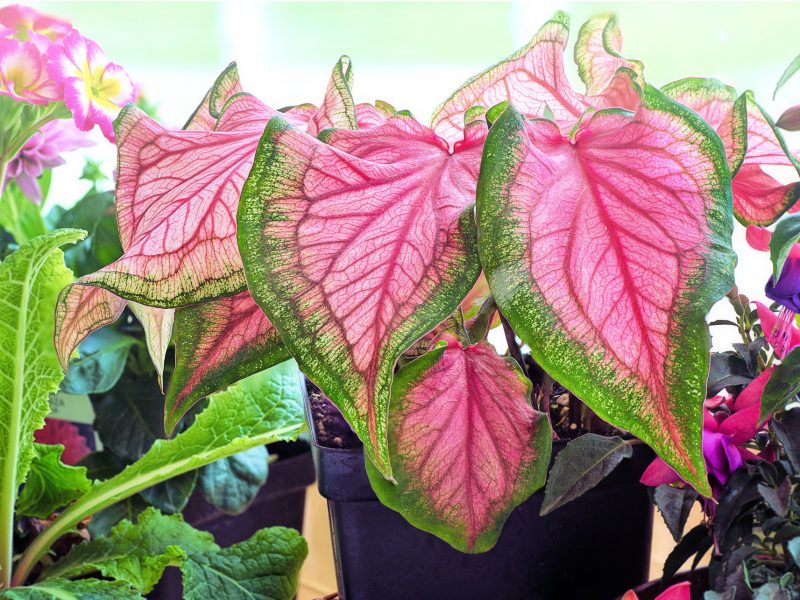
Toxic Outdoor Air.
While China may be releasing a banned chemical into the air that is ozone-destroying, we’ve got our own problems here in the U.S.
The Guardian reports, “Chemicals experts outside the industry say lobbying efforts demonstrate strategies that companies with toxic products have used for decades: sowing doubt about toxicology science, stalling regulation and wielding influence with political officials through campaign donations.” So, China’s chemical may be banned, but many of our chemicals should be and aren’t!
Should You Open the Windows?
The Department of Environmental Quality monitors daily conditions and if conditions indicate that the temperature and pollution are high enough, it will create elevated amount of ground-level ozone, resulting in an Ozone Action Day. For people who work or exercise strenuously outdoors or have respiratory conditions, ozone can be a threat to their health as well as an environmental concern.
Check Before Opening.
Two ways to check whether or not you should open your windows in your home, office or car.
• For a map of air quality around the world, visit pollution.org
• Go to airnow.gov and click on the map where you’d like to see more detail, then follow the color-coded key to the quality of the air
• You can also access air quality information on the Weather Channel app for your smartphone. Simply scroll down to “Air Quality” (page 7 of 8 on the app) and click “See Details” for more information.
But remember to check back frequently throughout the day, as the numbers do change!
Houseplants Can Clean Indoor Air.
In 1989 NASA published their Clean Air Study, revealing that certain plants have the ability to clean the air. Plants shown to remove the chemical benzene from indoor air included gerbera daisies, chrysanthemums, peace lilies, bamboo palm, English ivy, and Mother-in-law’s tongue.
New to growing houseplants? Try growing echeverias! These plants are nontoxic to pets, and include a variety of species and colors. Happy DIY Home’s article will tell you everything you need to know about how much light they need, when to fertilize or repot, and also includes information on spider mites and yellowing leaves.
And Plants Can Ease Anxiety.
Eliza Blank, the founder of wellness startup The Sill, said plants are “the antidote to this unfortunate thing that our entire [Millennial] generation suffers from: anxiety. And plants really can be part of the cure.” For other startup companies selling houseplants, see here.


 Links Between Obesity and Chemical Exposure
Links Between Obesity and Chemical Exposure